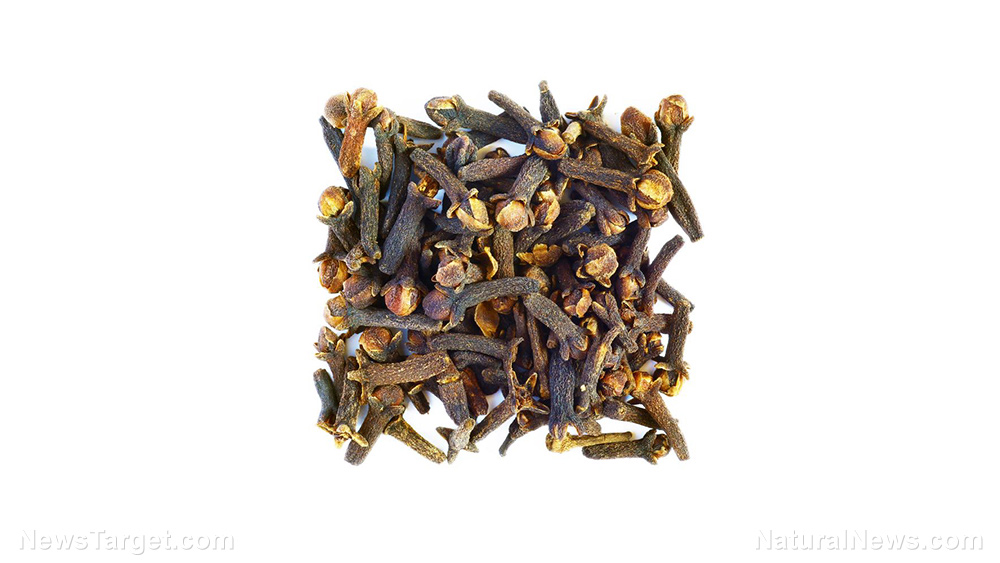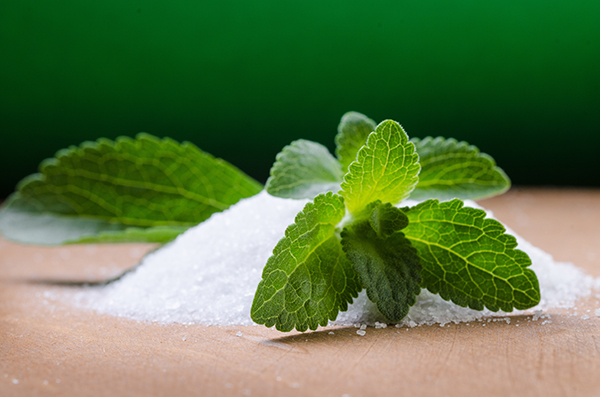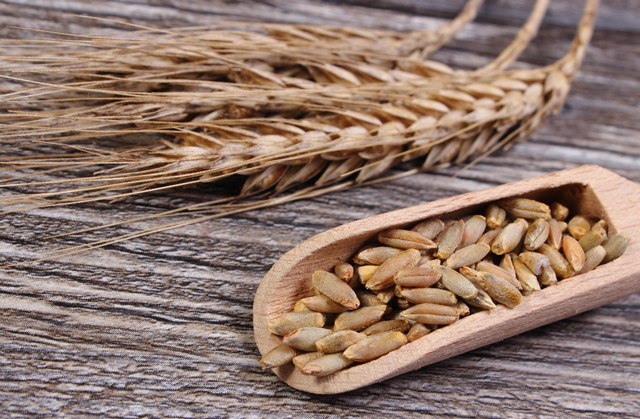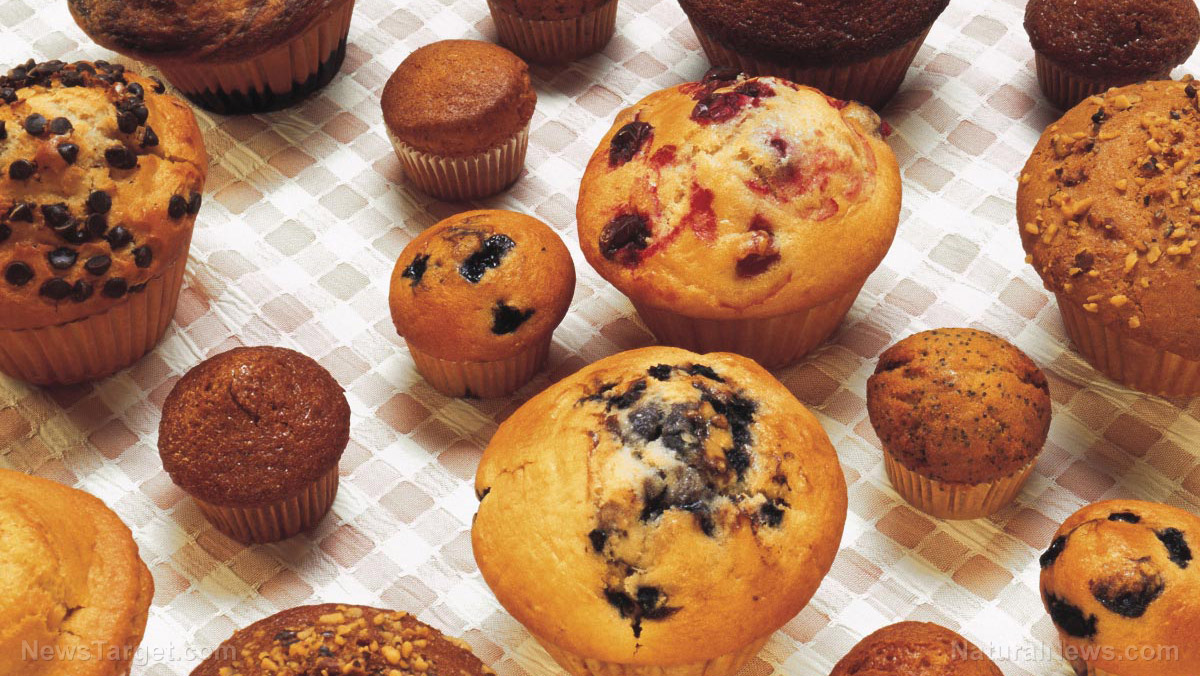Camel milk is the real dairy superfood: Study reveals its anti-inflammatory properties
12/11/2019 / By Evangelyn Rodriguez
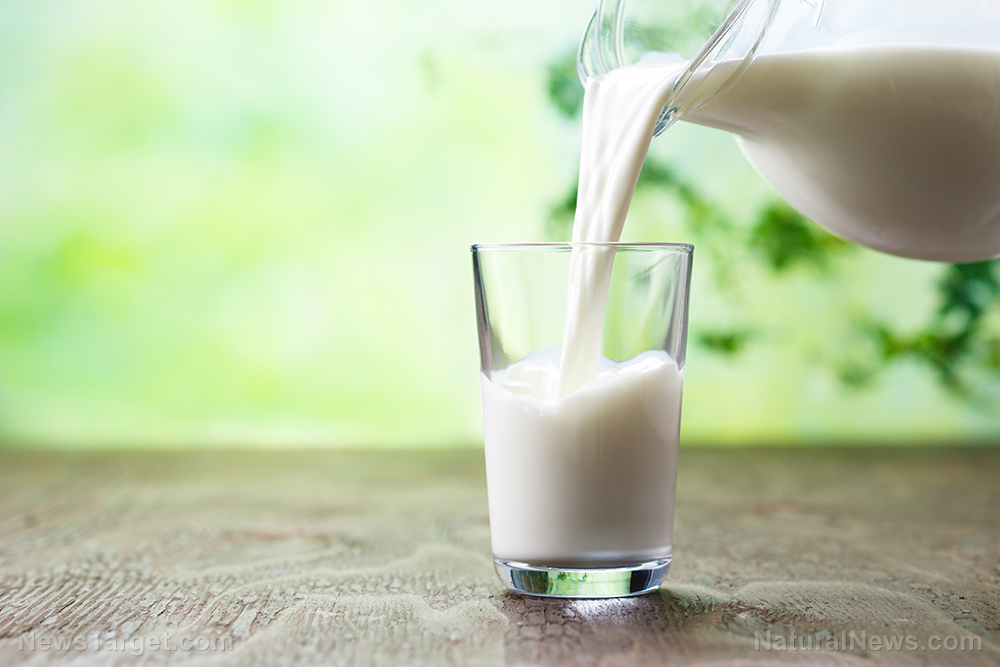
Nature is full of compounds with the ability to reduce inflammation. These compounds are often found in plants and regularly contribute to the medicinal properties of their sources. But recent studies have shown that animal products also possess anti-inflammatory compounds.
In particular, a recent study published in the journal Functional Foods in Health and Disease reported the positive effect of camel milk on inflammation caused by glycated proteins. These sugar-bonded proteins are toxic compounds that harm tissues and play a role in diabetes and heart disease. Researchers from Oman, the U.A.E. and the U.K. found that the lipids present in camel milk can inhibit inflammation by decreasing the expression of certain pro-inflammatory molecules.
Inflammation is a classic example of a good thing that can go bad at large doses. As a significant part of the immune response, inflammation is triggered when damaged cells release chemicals that make the site of injury or infection swell. These chemicals not only cause blood vessels to leak fluid into the tissue to isolate harmful foreign substances, but they also attract various immune cells that can clean up dead cells and eliminate the cause of damage.
Under normal conditions, this inflammatory process is helpful and subsides on its own. However, when it persists, inflammation can cause cell and DNA damage, which leads to severe diseases like cardiovascular disease and cancer. (Related: Inflammation is the cause of nearly all disease – Here’s how to prevent it.)
The mechanism behind the anti-inflammatory effects of camel milk
Recently, scientific interest in camel milk has increased due to initial reports of its anti-diabetic properties. While many studies have confirmed this finding, scientists have yet to identify which component (or components) of camel milk is responsible for its anti-diabetic benefits. Milk is composed of lipids and proteins, which include immunoglobulins (antibodies) and vesicles (liquid enclosed in a lipid membrane), as well as various nutrients. Of these components, the researchers chose to investigate the lipids in camel milk to see if they can affect inflammation – which is often found in people with diabetes.
Chronic inflammation is a common feature of Type 2 diabetes. In patients with this disease, abdominal fat around the waist triggers inflammation, which results in the development of insulin resistance. A type of immune cell called the macrophage is said to be involved in this process. These cells can manufacture fatty acids that enable them to enter various organs in response to infection or tissue damage. A recent study published in Nature found that preventing macrophages from producing these fatty acids deprives them of their ability to respond to abdominal fat. This effectively stops them from contributing to inflammation.
For their study, the researchers used an in vitro model of macrophages and pre-treated them with total lipids (TL) and total fatty acids (TFA) derived from camel milk before exposing them to glycated bovine serum albumin (gBSA). Using GC-MS, they found that TL is predominantly triacylglycerol (TAG), while TFA is 65 percent saturated fatty acids and 35 percent unsaturated fatty acids. Both TL and TFA decreased the gBSA-induced production of pro-inflammatory molecules like tumor necrosis factor-a (TNF-a) and interleukin-1B (IL-1B).
The researchers also found that TL can regulate the expression of crucial subunits (p50/p65 ) of nuclear factor-kappa B (NF-kB), a mediator of inflammatory responses. TL can also increase the expression of anti-inflammatory molecules. In addition, TL is capable of regulating the expression of a subunit of the NLRP3 inflammasome and its regulator TET-2. The NLRP3 inflammasome is an immune sensor that controls the secretion of IL-1B.
Based on these results, the researchers concluded that camel milk lipids can regulate glycated protein-induced macrophage inflammation by controlling the expression of key inflammatory regulators like NF-kB and the NLRP3 inflammasome subunit.
Sources include:
Tagged Under: alternative medicine, anti-diabetes, anti-inflammatory, camel milk, food cures, food is medicine, functional food, immune system, inflammaton, natural cures, natural medicine, nutrients, prevention, research
RECENT NEWS & ARTICLES
COPYRIGHT © 2017 DIABETES SCIENCE NEWS


